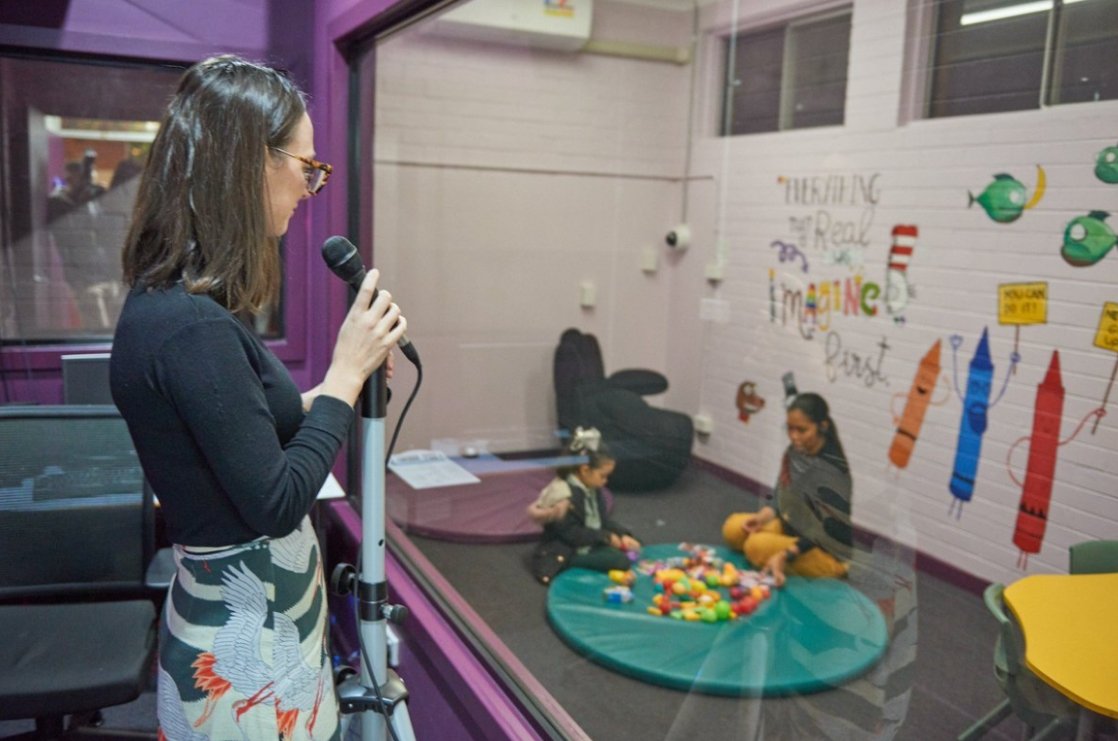
Frequently Asked Questions
-
School Parent-Child Interaction Therapy (School PCIT) is an evidence-based adaptation of Parent-Child Interaction Therapy for delivery within school settings. It supports children with disruptive behaviours, emotional regulation difficulties, and social challenges—including those who have experienced adversity or trauma. By coaching parents and teachers in real time, School PCIT strengthens adult-child attachment, builds child pro-social skills, and creates consistent support across home and school environments.
-
Schools are often the first place persistent behavioural and emotional challenges are noticed. Many children, especially those in disadvantaged, rural/remote, or School for Specific Purposes (SSP) contexts—struggle with access to early intervention. Embedding PCIT into schools ensures vulnerable children and families receive timely, tailored support, reducing the risk of school exclusion, academic failure, and long-term negative outcomes.
-
School PCIT providers:
Deliver School PCIT therapy sessions to children, their caregivers, and their teachers in school-based clinics.
Deliver universal professional learning training in School PCIT to educators.
Provide teacher observation and in-classroom coaching of teachers to support generalisation of skills to the school environment.
Work collaboratively with school staff, families, and community services.
Participate in reflective practice and ongoing clinical supervision.
Contribute to scaling and sustaining School PCIT across NSW and beyond.
-
We welcome:
Registered or provisionally registered psychologists (particularly those interested in child and family therapy).
Clinical psychology registrars and trainees seeking evidence-based training in child mental health, parent management training, and family-based interventions.
-
Not necessarily. Many of our clinicians complete their PCIT training and certification while working with us. We provide structured training, supervision by PCIT-certified trainers, and opportunities to develop PCIT competencies to support certification as a PCIT therapist.
-
Access to PCIT International-certified trainers and supervisors.
Ongoing professional development in child mental health, trauma, attachment, and behaviour management.
Opportunities to train in the adapted PCIT-CU model (for children with callous-unemotional traits) and internet delivered PCIT (iPCIT).
Regular group supervision and reflective practice groups.
Experience in school-based early intervention and program implementation.
-
Therapy is embedded directly within schools, reducing barriers to access.
Teachers are actively involved in treatment through universal training, in-clinic coaching, and classroom observation and coaching.
The model addresses systemic factors—family, school, and community—rather than focusing only on parent-child dyads.
It is designed for scalability, sustainability, and adaptability across diverse school contexts.
-
School PCIT is being established in primary schools and Schools for Specific Purposes (SSPs) across South-West Sydney and expanding state-wide. Our long-term goal is to make School PCIT accessible to all children and families who need it, regardless of postcode.
-
Teachers receive universal professional development in School PCIT skills for relationship building and behaviour management.
With parental consent, teachers and learning support staff can also:
Observe or participate in in-clinic intervention sessions.
Receive in-class coaching to support skill generalisation to the classroom.
Collaborate with the clinical team to ensure the child feels safe and supported across settings.
This delivery format creates a consistent approach between home and school, improving outcomes for children and reducing stress on educators through capacity building.
-
What are the benefits of joining the School PCIT team?
Be part of an innovative, evidence-based research program making real impact in children’s lives.
Gain specialist skills in child behaviour intervention and trauma-informed practice.
Work across home–school systems for broader impact.
Receive structured pathways for PCIT certification and professional growth.
Contribute to pioneering research and scaling of PCIT in Australia.
-
We are always looking for passionate professionals to join our team. You can:
Apply for clinician, registrar, external placement, or research assistant roles.
Express interest in PCIT training and supervision opportunities.
Partner with us as a school or community service.
Contact us at schoolpcit@gmail.com with the subject: “EOI School PCIT jobs”
